Former Italian Prime Minister Silvio Berlusconi has died, aged 86, from complications arising from leukaemia. With him passes also a part of Italian history.
L’Italia è il Paese che amo. Qui ho le mie radici, le mie speranze, i miei orizzonti. Qui ho imparato, da mio padre e dalla vita, il mio mestiere di imprenditore.
Already a subscriber? Log in
Subscribe for just $2 a week
Try a month of The Spectator Australia absolutely free and without commitment. Not only that but – if you choose to continue – you’ll pay just $2 a week for your first year.
- Unlimited access to spectator.com.au and app
- The weekly edition on the Spectator Australia app
- Spectator podcasts and newsletters
- Full access to spectator.co.uk
Or

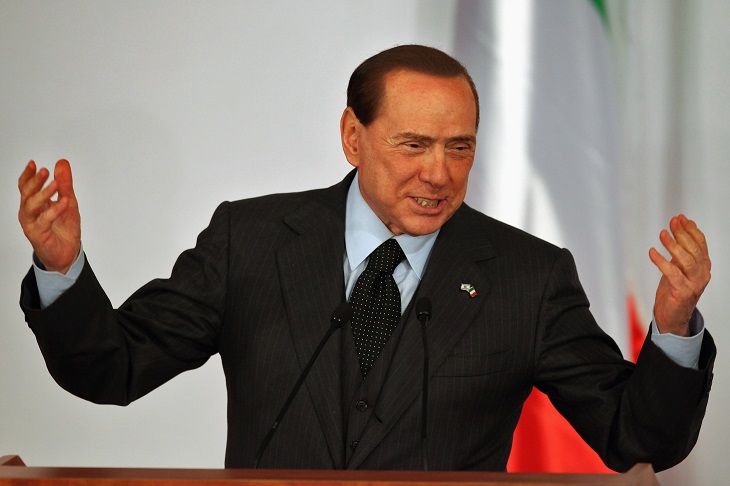
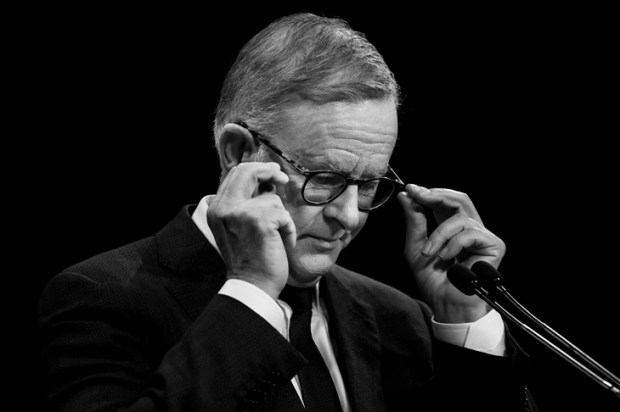
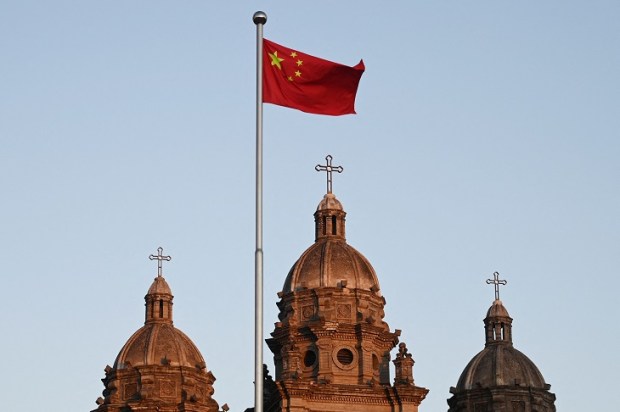
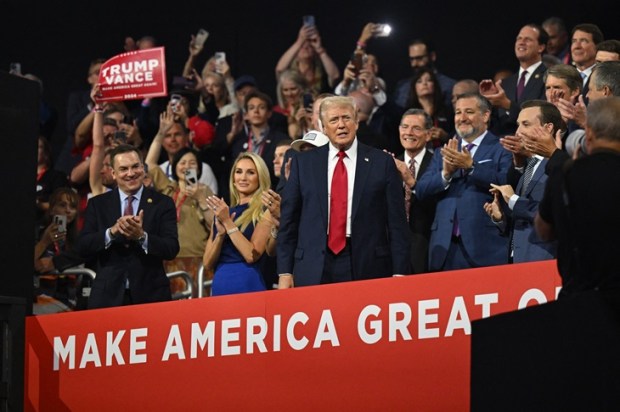


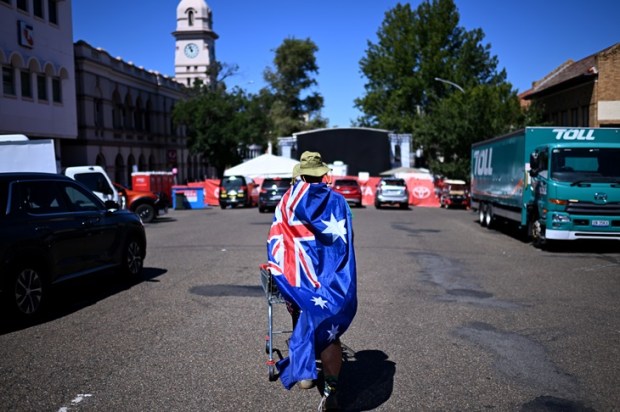


















Comments
Don't miss out
Join the conversation with other Spectator Australia readers. Subscribe to leave a comment.
SUBSCRIBEAlready a subscriber? Log in